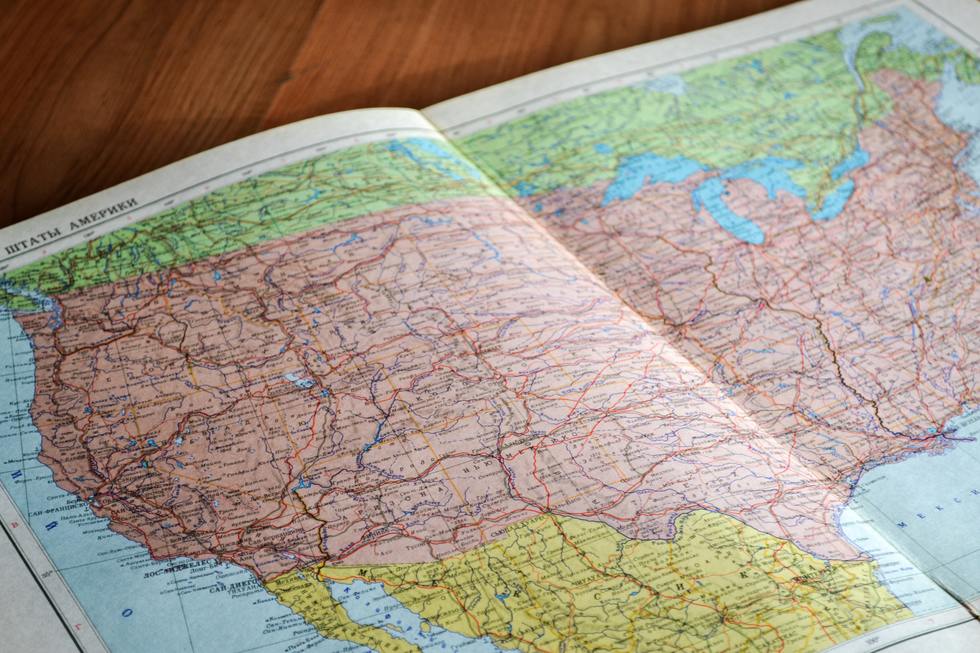MAY 7, 2019
Jurisdiction in Dissolution (Divorce) Cases

A key thing to determine before filing for divorce is which state you can and/or should file the divorce in. Many mistakenly assume that a divorce must always be filed in the state where the marriage occurred. If you and your spouse both currently live in Washington State, state jurisdiction as to the divorce may be a simple determination. However, if that’s not the case, things can get complicated. Even if jurisdiction as to the divorce itself is straightforward, jurisdiction over other family law aspects, such as child custody, may be quite complex.
If you share children with your spouse, that can further complicate these determinations. In Washington State, the factors to establish jurisdiction over a married couple for divorce are not the same factors used in figuring out jurisdiction over the children for custody issues. This is a vitally important issue, because not only will jurisdiction determine whether and where you can file, but it will determine what kind of case you can file. The state you file in will also have wide-ranging implications. Applicable laws vary widely by state as to division of property and debts, spousal maintenance (alimony), custody and visitation, and child support. Most attorneys also can only ethically advise as to the legal implications of filing in their state, unless they are licensed and competent to practice in the other state as well. A court may have jurisdiction over one issue, such as the divorce itself (its ability to end the marriage legally), but may not have jurisdiction over other issues, such as maintenance or child custody and support. Because of both the complexity and importance of these issues, it is especially wise to consult with an attorney before filing if your marital and/or parenting histories involve multiple states.
If you have questions as to whether Washington State will have jurisdiction over your divorce or other aspects of your family law case, email us at eliseb@elisebuiefamilylaw.com or call at 206-926-9848 to schedule a consultation.
Stay up to date
Subscribe to our newsletters
Subscribe to one or more of our newsletters, delivering meaningful insight on topics that matter to you and your family.





